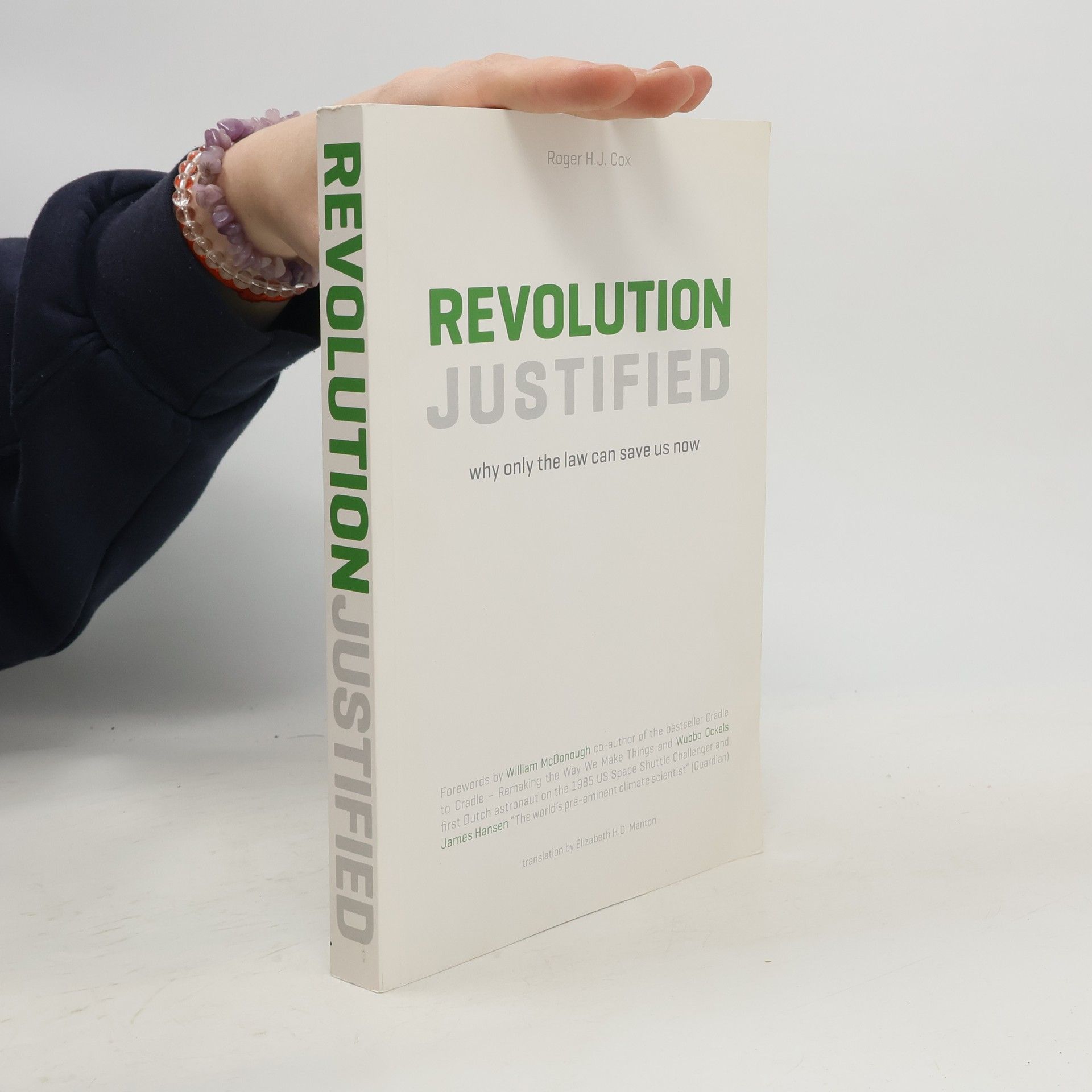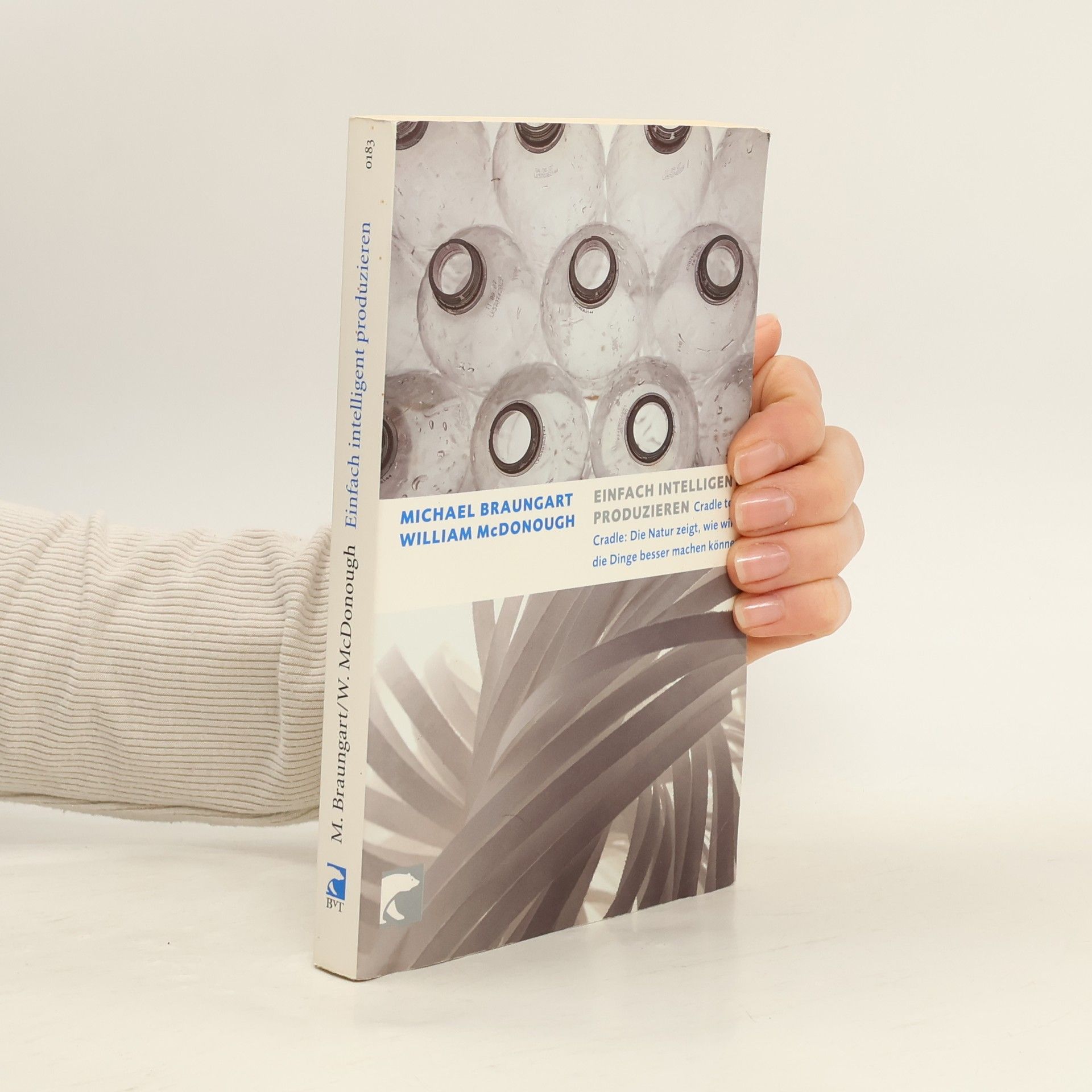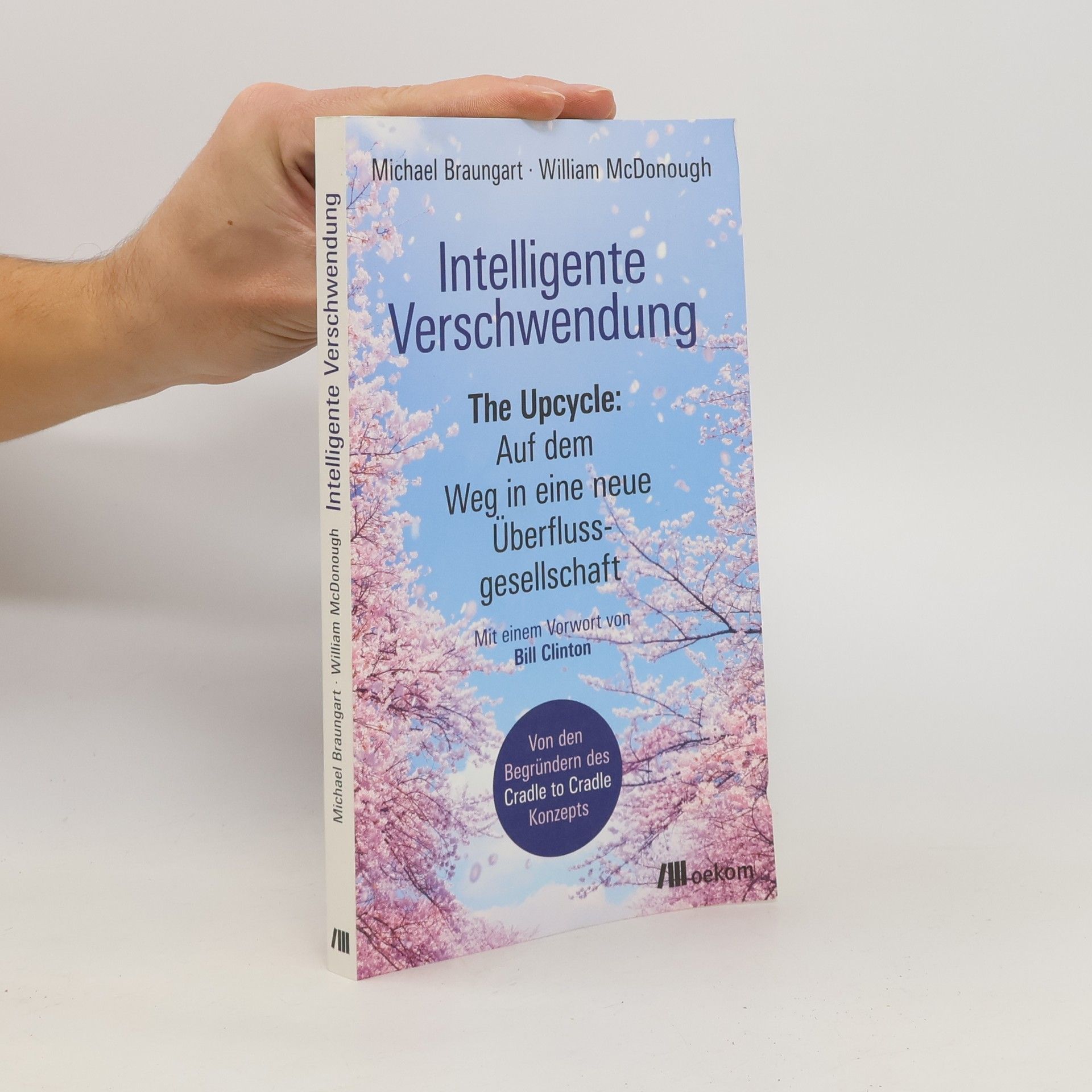Intelligente Verschwendung
- 208 Seiten
- 8 Lesestunden
Abfall war gestern, ab sofort gibt es nur noch Nährstoffe. Alle Produkte verbleiben in einem steten Kreislauf, eingesetzt werden nur noch gesunde, unbedenkliche Materialien. Was wie eine Vision aus einer fernen Zukunft klingt, ist vielerorts bereits Realität, und das Konzept hat einen Namen: Cradle to Cradle. In ihrem aktuellen Buch gehen seine Begründer nun einen Schritt weiter: Im Fokus steht nicht mehr nur das kluge Design einzelner Produkte, beim »Upcycling« geht es um die Vervollkommnung unseres Lebensstils – um gesundes Wohnen, freudvolles Arbeiten und die Errichtung zukunftsfähiger Städte. Ein zutiefst positiver Zukunftsentwurf, eine überzeugende Einladung, Teil der »Aufwärtsspirale des Lebens « zu werden.




